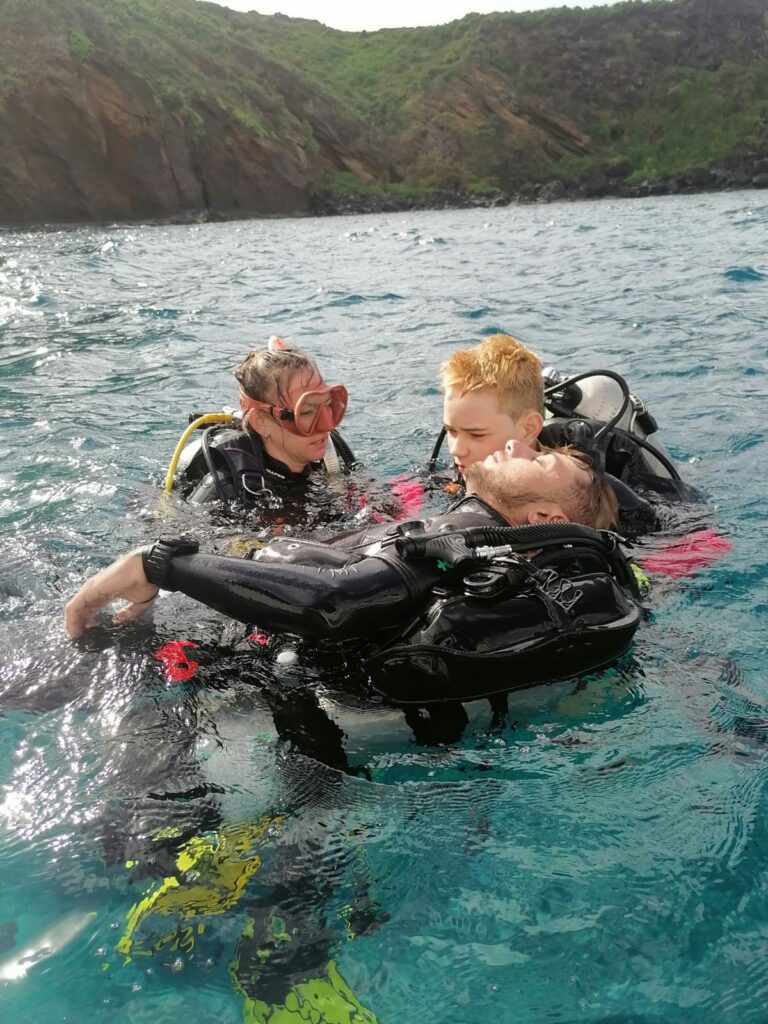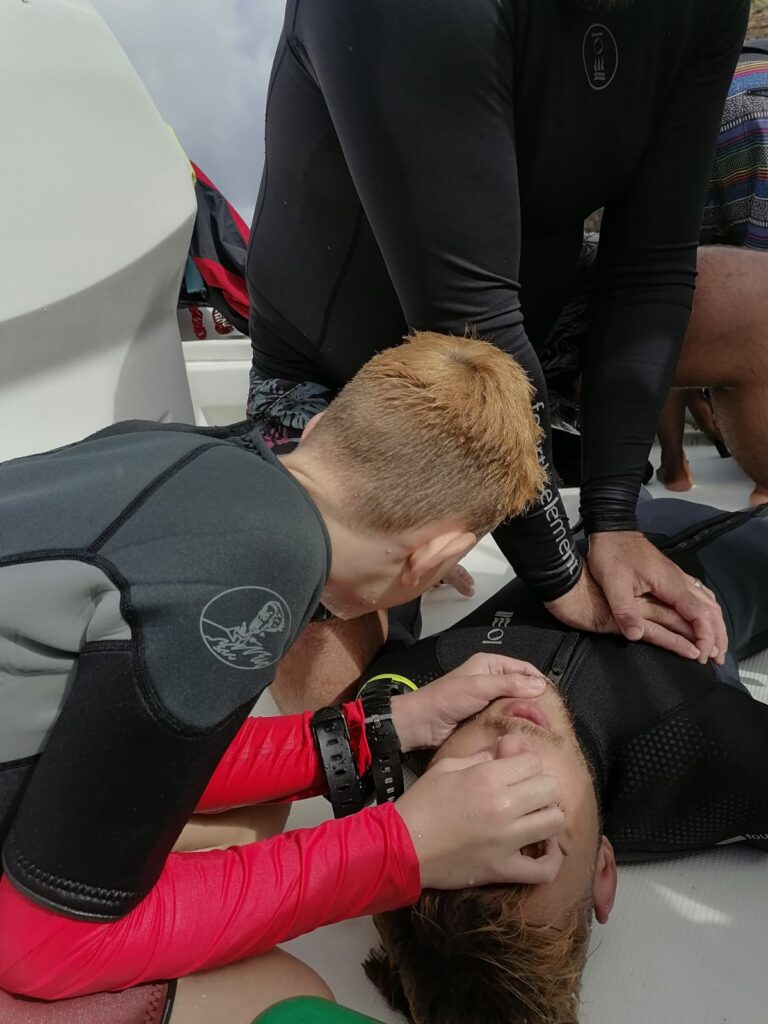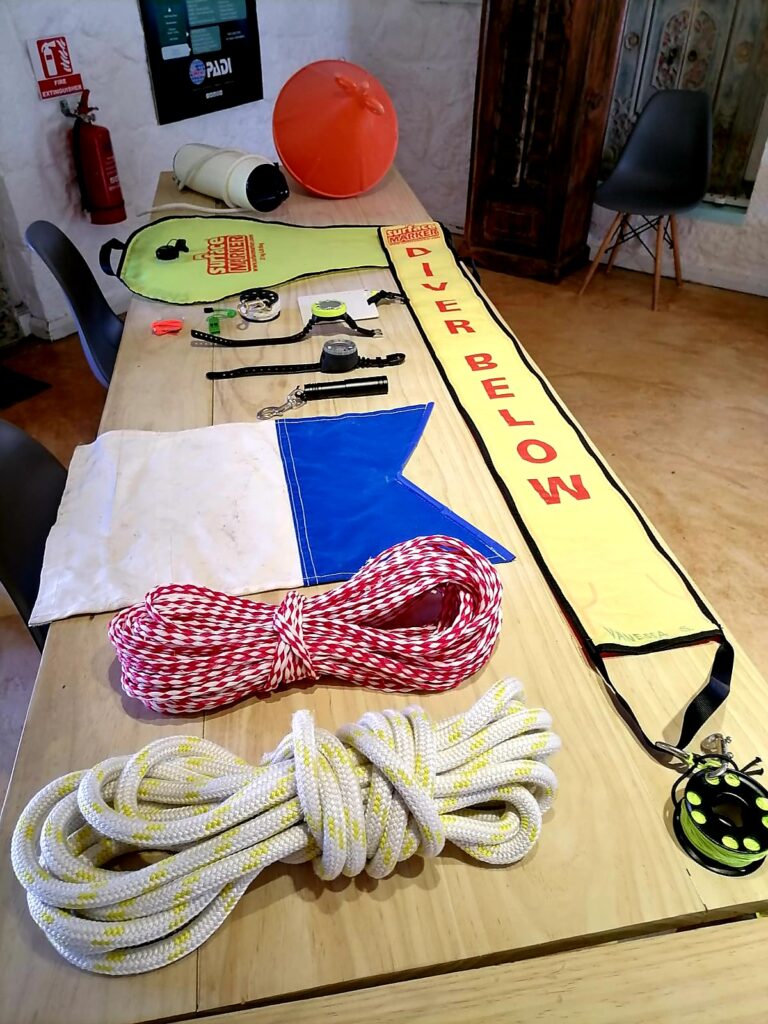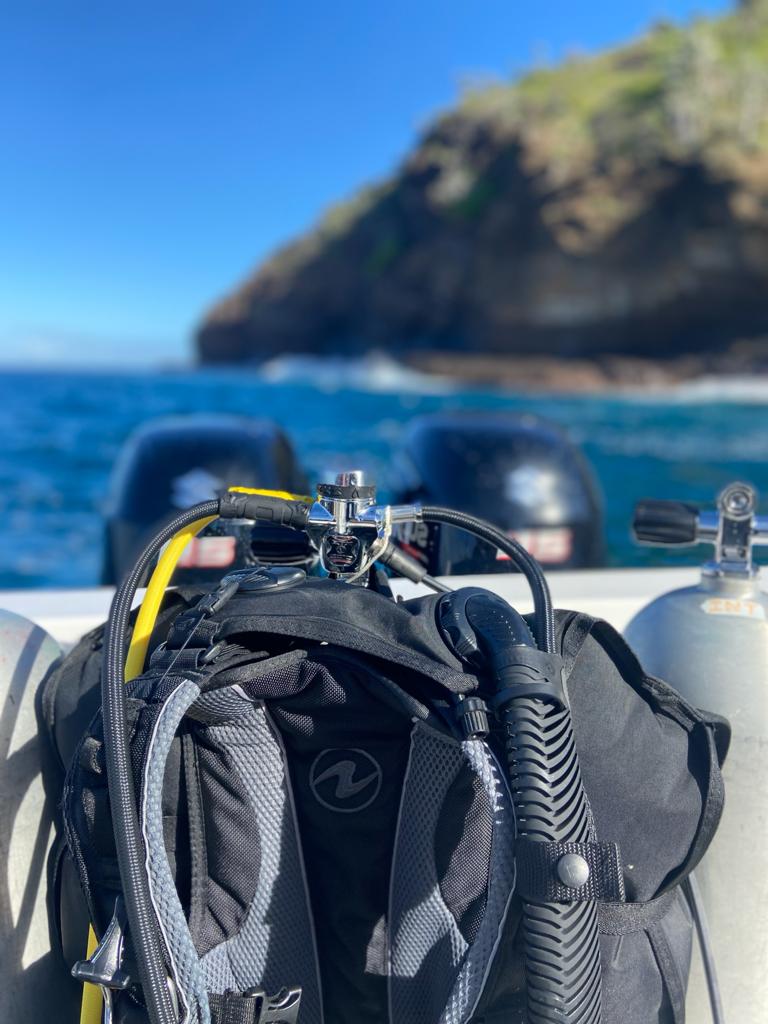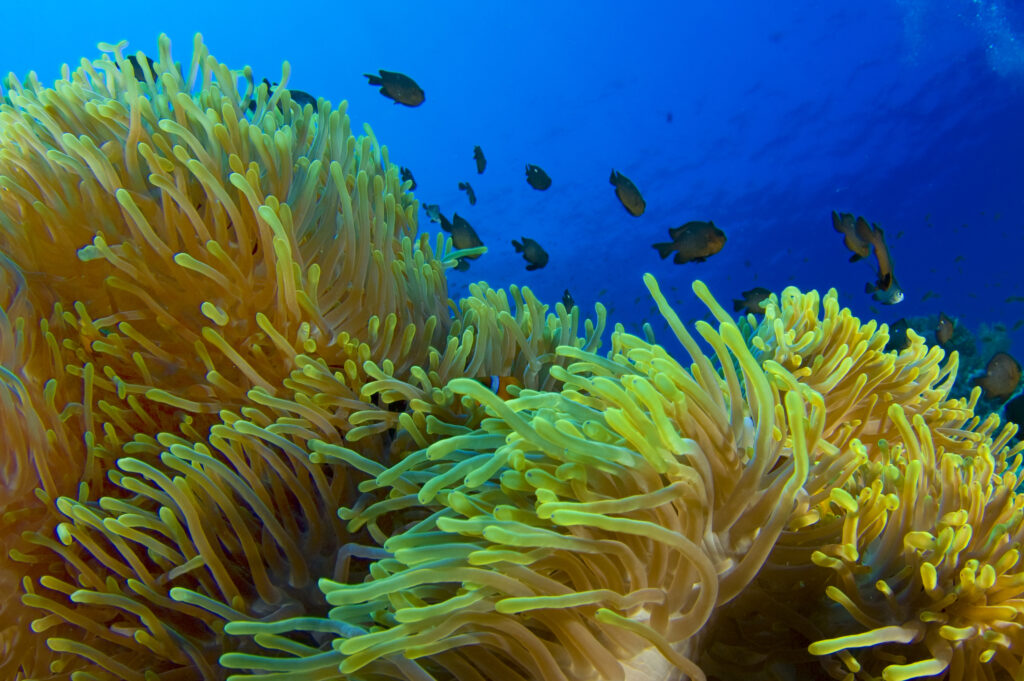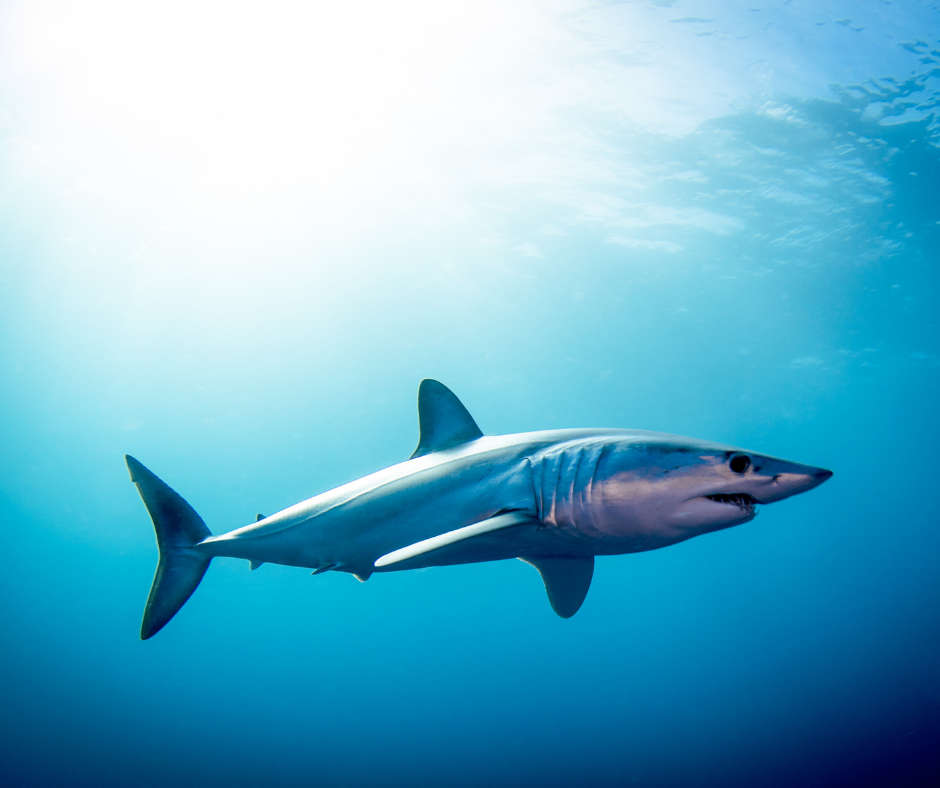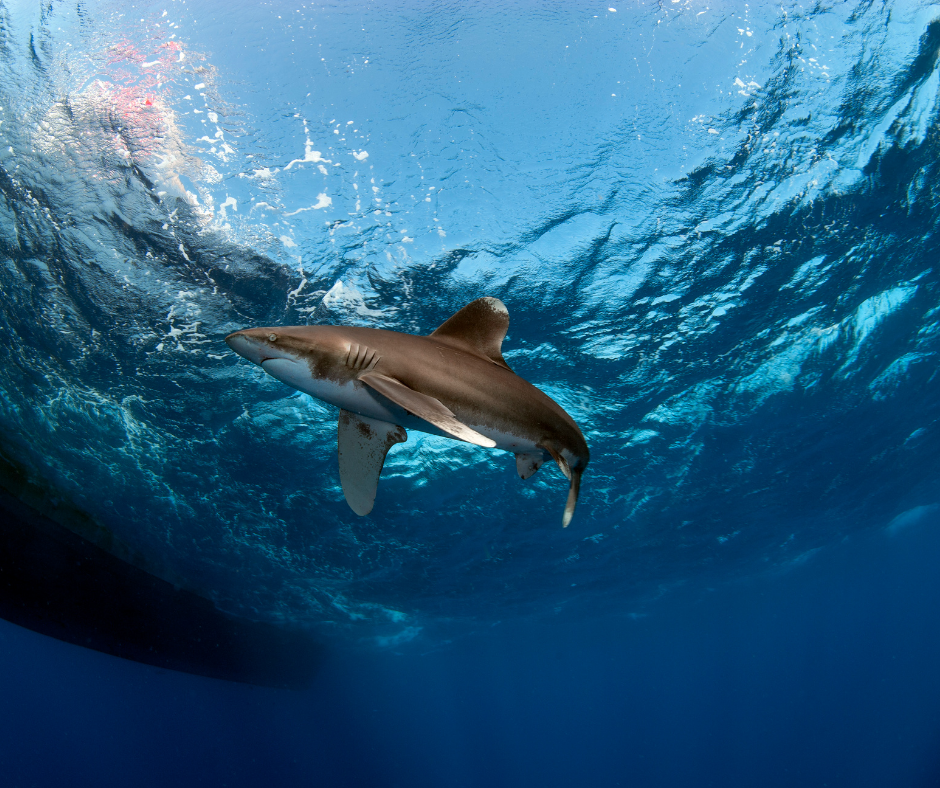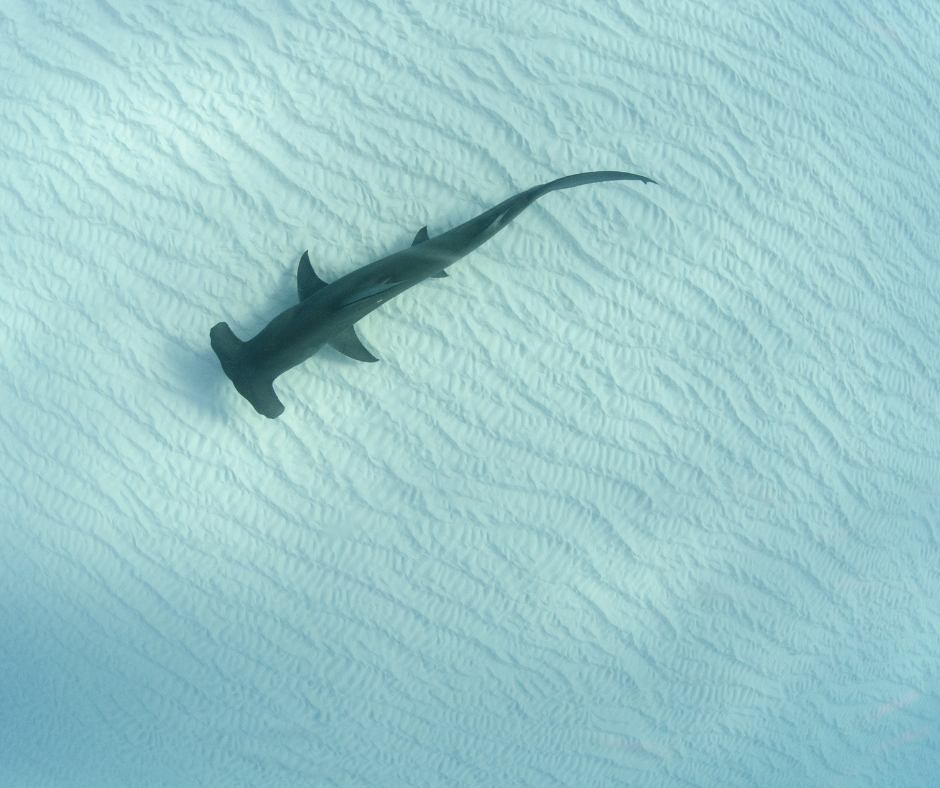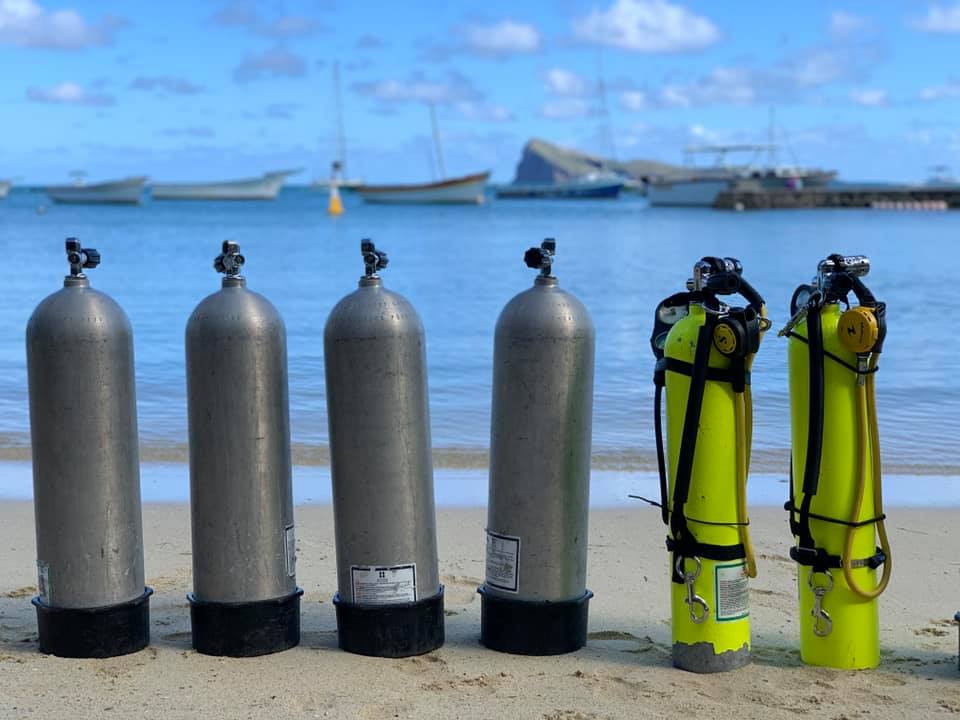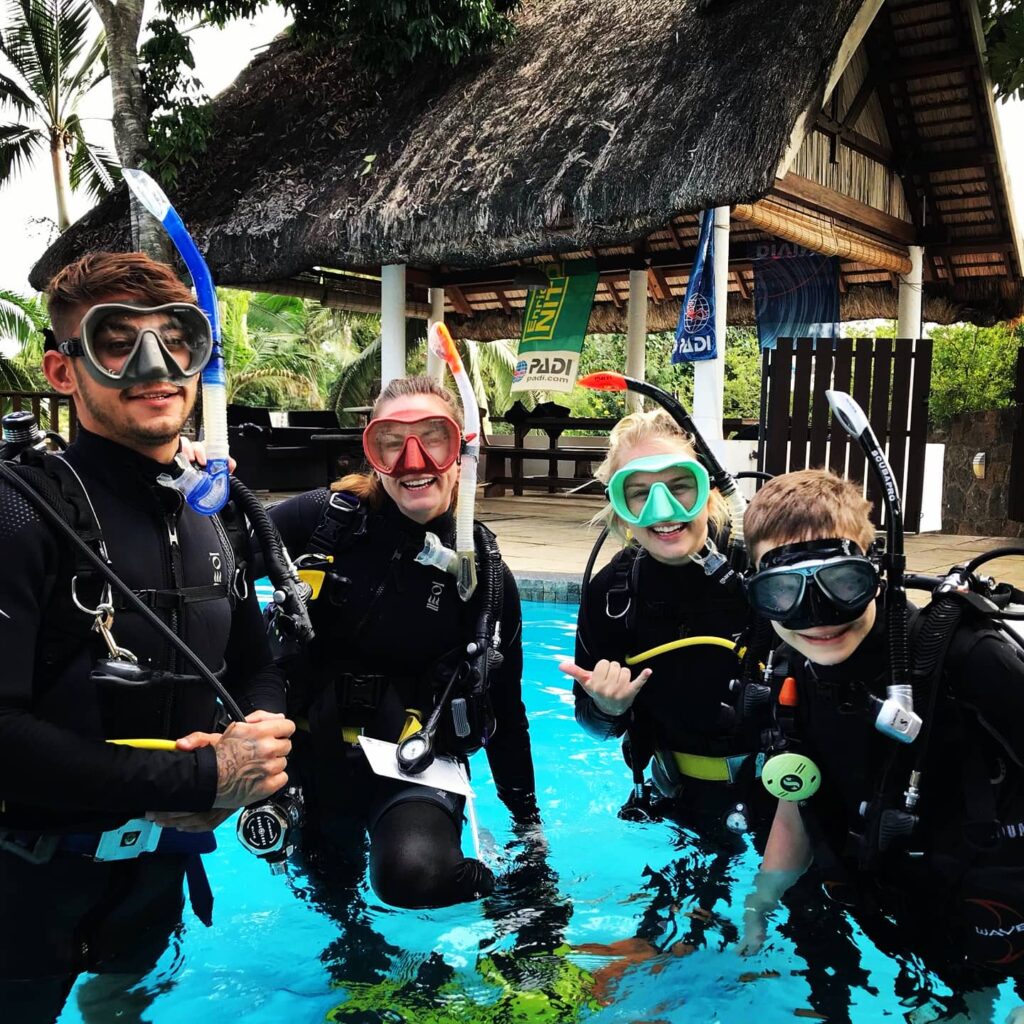With the official launch of the PADI Junior Divemaster Certification, we thought it would be fitting to share the details of this exciting new program, AND to celebrate the 14th Birthday of one of our aspiring Junior Divemaster Candidates!
Crystal Ocean Explorers
Luc joined our Crystal Ocean Explorers Program in January earlier this year. Our program is built around the energy and power of play, curiosity, and discovery. We create a fun, relaxed, interactive, and educational environment for children to express themselves and seek adventure. The Program’s primary objective is to generate a lifelong passion for STEM, scuba diving, marine biology and ocean conservation.
The Journey of A Thousand Miles Begins with A Single Step ~ Lao Tzu
Since completing the Crystal Ocean Explorers Program, Luc has gone on to complete his PADI Junior Open Water, Junior Advanced Open Water, Coral Reef Conservation, Shark Conservation, Emergency First Responder, Emergency Oxygen Provider and Junior Rescue Diver Courses. He is now working towards his Night Diving Specialty and Dive Against Debris Specialty.
One he has completed 5 Specialties and logged 50 dives, Luc will be able to become a PADI Junior Master Scuba Diver. Before the launch of the PADI Junior Divemaster Course, this would be the highest level that Luc could achieve. But when he is 15, he now can start to work towards the Junior Divemaster Certification, which we just know he is going to love!
The PADI Junior Divemaster Certification
As a 15 year old PADI Advanced Open Water Diver and Rescue Diver with 20 dives, you can enroll on the PADI Junior Divemaster Course. While the Junior Divemaster Course shares similar training elements with the Adult Divemaster Course, it’s important to remember that the Junior Divemaster Course won’t be a professional level certification.
Trainee Junior Divemasters will however have to learn and demonstrate various dive skills, search and recovery skills, rescue exercises, work to complete dive maps and learn how to give dive briefings and set up/manage a dive site. Students will also have to meet the professionalism criteria expected of Adult Divemaster Candidates such as maintaining a professional appearance and working efficiently as part of a team alongside their mentors.
Upon Certification, a Junior Divemaster will be able to help a PADI Professional with the set up and management of a dive site as well as various classroom and pool activities. Junior Divemasters will also be able to demonstrate skills with PADI Pros and give dive briefings under the direct supervision of a PADI Pro. Pretty exciting stuff!!
The life experience and working diving knowledge and skills that Junior Divemaster Candidates will learn throughout the course, is something that they will be able to carry with them well beyond the course. Whether this is in to the scuba diving industry as fully fledged PADI Professionals, and/or in to other aspects of their school, college, working and social lives. Becoming a role model in this way will inspire other young people to see how diving can change their life, and their view of the world around them.
With that, Luc is going to share in his own words, why everything is about diving…
Scuba Diving Changes The Way You See The World
70% of the earth is covered in water, and scuba diving makes it possible to discover and explore places that very few people have seen. There is a whole other world in the depths of the ocean and it’s waiting to be explored.
Scuba stands for Self-Contained Underwater Breathing Apparatus. This apparatus allows you to swim underwater for a long time, using a tank filled with compressed air to breathe. In fact, the Oxford dictionary describes scuba diving as the sport or activity of swimming underwater using scuba gear, but this definition doesn’t begin to describe the way in which scuba diving changes the way you see the world.
Scuba diving literally changes the way you see the world. Colours are different underwater, becoming more muted the deeper you go. The seabed can often look deserted, like nothing is there. But this is not the case, there are myriads of fish that camouflage themselves. Fish that look like sand, coral or even a shadow. My favourite of these camouflage creatures is the octopus. They can change the colour of their body which makes them hide very well. They also don’t have any bones, and if their beak can fit, the rest of their body can follow.
There are also fish, called scorpion fish, that look exactly like rocks. They are extremely venomous and can really injure you if you touch them by mistake. The flounder is another master of disguise. It looks exactly like sand, and hides on the ocean floor, ready to catch its prey. These, and many other species, make you keep your eyes wide open, ready to spot anything that may look out of place.
Another way that scuba diving changes the way you see the world, is because it makes you realise how important the ocean is. Scientists estimate that between 50 and 80% of the Earth’s oxygen comes from the ocean, so we really need to look after it to ensure our survival.
The Professional Association of Diving Instructors, also known as PADI, runs Project AWARE which focuses on teaching divers how to implement change with regards to litter in the ocean, and also conservation of sharks and coral reefs. Most people think of sharks as dangerous, man-eating monsters. This is a complete hoax! No shark will purposely hunt humans. Sharks are mostly shy fish, and will rather run away than approach a human, in fact, more people are killed by toasters every year than by sharks.
Scuba diving is one of my favourite things to do. We often dive at Coin de Mire, which is a protected area, and should be well preserved. Sometimes when we dive there, we see debris or litter in the ocean or on the seabed. Scuba diving makes you see the world differently, you realise that the future is limited if humans continue to interact in a negative way with the environment.
If you are ready to see the world differently, I recommend that you try scuba diving. You can have amazing experiences with people who feel the same way as you, making friends and becoming part of a team who are doing our best to save the oceans so that our children can see the world differently as well.







